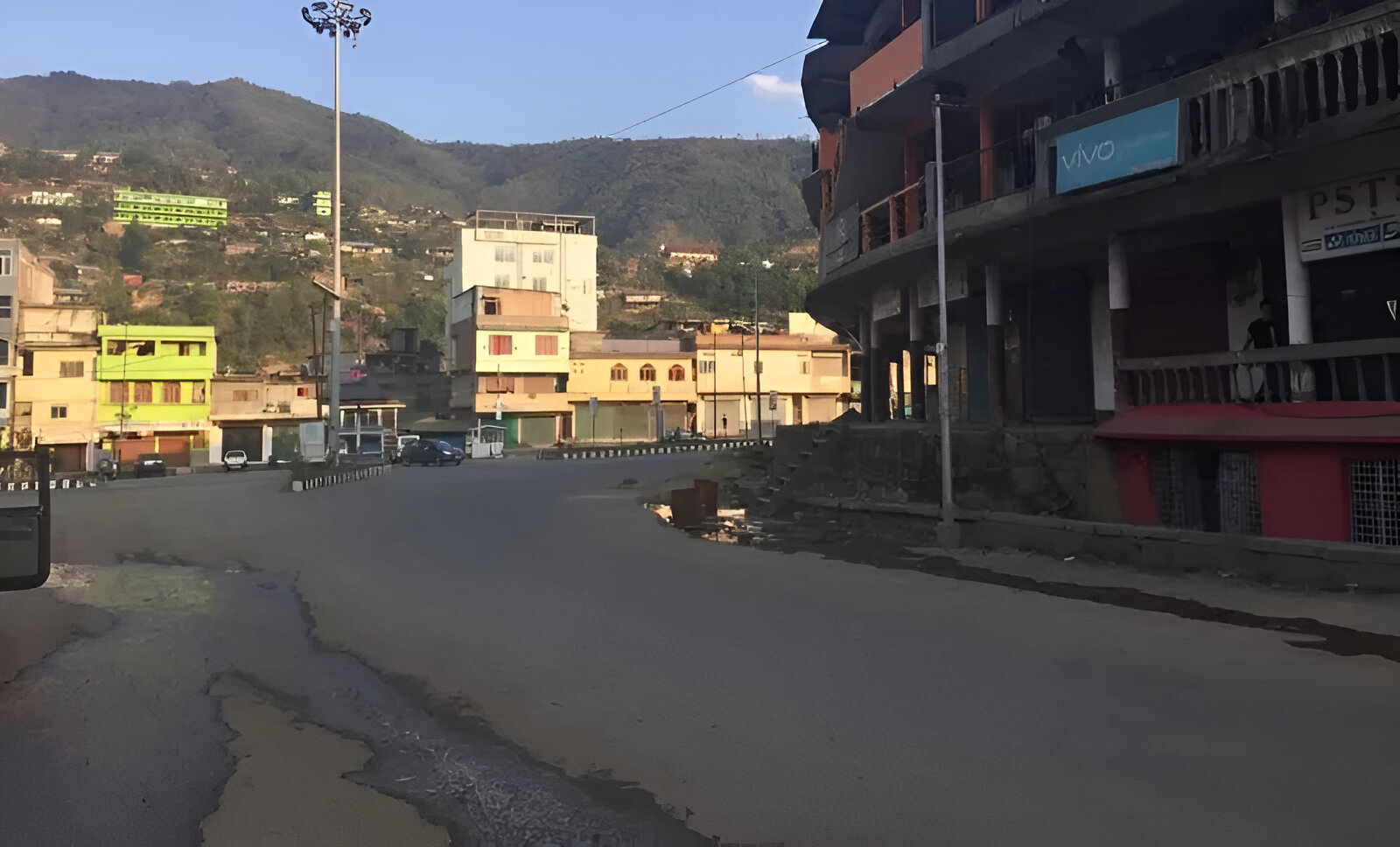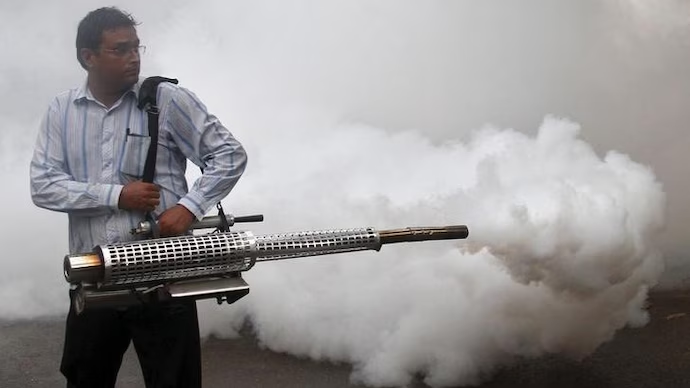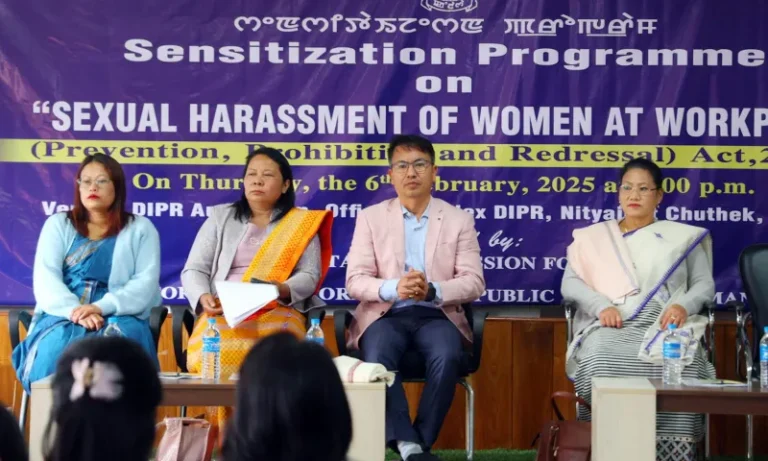Manipur: Naga Groups Ban Kukis After Violent Attack
News Summary
In a significant escalation of ethnic tensions in Manipur, the Committee on Protection of Indigenous People’s Ancestral Land (COPIPAL) has announced a complete ban on the movement of Kukis within territories inhabited by the Inpui, Liangmai, Rongmei, and Zeme Naga tribes. This decision, effective from June 2, 2025, follows an “unprovoked and orchestrated” attack on April 5, 2025, in Konsaram Naga village, where 13 individuals, including village leaders, were seriously injured. COPIPAL described the ban as both a protest and a protective measure to safeguard ancestral land and people, aiming for lasting peace in the region.
Understanding the Context: A Deep Dive into Manipur’s Ethnic Tensions
Historical Background
Manipur, a northeastern state of India, has long been a mosaic of diverse ethnic communities, including the Meiteis in the valley and various tribal groups like the Nagas and Kukis in the hills. The historical relationship between the Nagas and Kukis has been marked by periods of cooperation and conflict, often influenced by territorial claims, political aspirations, and cultural differences.
The Kuki–Naga conflict dates back to the post-independence era, with disputes over land and political autonomy leading to intermittent clashes. Efforts at peace and reconciliation have been made, but underlying tensions have persisted, occasionally flaring up into violence.
The April 5 Attack: A Catalyst
On April 5, 2025, an attack occurred in Konsaram Naga village, located in Manipur’s Kangpokpi district. Armed individuals, reportedly from Leilon Kuki village, launched a premeditated assault on the Liangmai Naga villagers. Thirteen people were seriously injured, including key community leaders such as the village chief, chairman, and a local pastor.
This incident was condemned by several Naga organizations, including the United Naga Council (UNC), All Naga Students’ Association, Manipur (ANSAM), Naga Women Union (NWU), and the Coordinating Committee on Manipur Integrity (COCOMI). They described the attack as a gross violation of personal dignity and a direct assault on the rights and identity of the Liangmai Naga community.
COPIPAL’s Response: Imposing the Ban
In response to the attack, COPIPAL announced a complete ban on the movement of Kukis within the territories of the Inpui, Liangmai, Rongmei, and Zeme Naga tribes, effective June 2, 2025. The committee stated that this measure is both a form of protest and a protective action aimed at safeguarding their ancestral lands and communities.
The ban reflects the deep-seated mistrust and fear that have developed between the communities, highlighting the fragile nature of inter-ethnic relations in the region.
Broader Implications and Reactions
The imposition of such a ban has significant implications for the social and economic fabric of Manipur. It restricts the movement of individuals, potentially affecting trade, education, and access to essential services. Moreover, it exacerbates existing tensions, making reconciliation efforts more challenging.
Leaders from various communities have expressed concern over the potential for further escalation. There is a growing call for dialogue and intervention from both state and central governments to address the root causes of the conflict and to promote peace and understanding among the diverse ethnic groups in Manipur.
FAQs
1. What led to the ban on Kuki movement in Naga areas?
The ban was imposed by COPIPAL following an attack on April 5, 2025, in Konsaram Naga village, where 13 individuals were seriously injured. The attack was attributed to armed individuals from Leilon Kuki village.
2. Which areas are affected by the ban?
The ban affects territories inhabited by the Inpui, Liangmai, Rongmei, and Zeme Naga tribes in Manipur.
3. What is COPIPAL?
COPIPAL stands for the Committee on Protection of Indigenous People’s Ancestral Land. It is a body formed to safeguard the rights and territories of indigenous Naga communities in Manipur.
4. How has the government responded to the situation?
As of now, there has been no official statement from the state or central government regarding the ban. However, there is increasing pressure on authorities to intervene and facilitate dialogue between the communities.
5. What are the potential consequences of the ban?
The ban could lead to increased ethnic tensions, disrupt daily life, and hinder efforts toward peace and reconciliation in the region.



